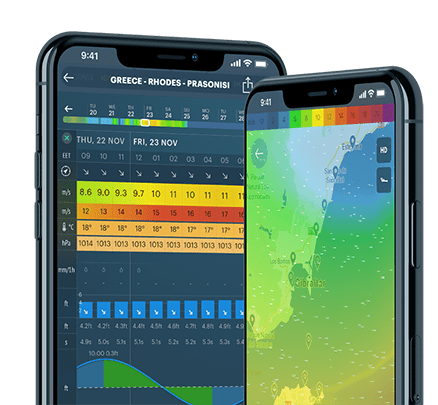
Natural science
Natural science is a year-round outdoor activity to study nature and its various phenomena, during which you describe it, understand and try to predict. The name is a combination of the words “nature” and "science".
Doing natural science is based on empirical data from observations and experiments, which are not conducted in a laboratory, but in nature during field research (field studies, fieldwork) — another concept with which this term is closely related. The natural sciences can be divided into two main branches: life science or biology, and physical science, which includes physics, chemistry, earth science, and astronomy.
You can do natural science all over the world in different places, depending on the purpose. For example, a meteorologist observes the weather at one of the world's 40,000 weather station, an ecologist studies the Amazon rain forest, a geologist travels through the Dolomites, a volcanologist descends into the mouth of an Etna volcano in Sicily, Italy, and so on and so forth. Other natural science professions include archaeologist, ethnographer, astronomer, journalist (field reporter), and many others.
The natural sciences are also practiced all year round: one needs winter to explore the snow and ice cover, and summer to dive to the bottom of the sea.
The main pleasure of doing the natural sciences is the opportunity to devote oneself to a challenging but incredibly interesting and rewarding social endeavor. The difficulties of science include the need for many years of studying, harsh field conditions, having a lot of time, and others. But it is worth it. Unlike ordinary outdoor activities, doing science is a real and concrete benefit to others.
Text: Ivan Kuznetsov
Cover photo: Robert Ritchie / Unsplash
Learn more about natural science in the Windy.app
Want to be a weather expert? Subscribe to Windy.app Meteorological Textbook
What you have to know about plastic in the ocean and what to do about it
The cold breath of global warming: how winter frost is connected to the warm Arctic
What is extreme weather and what does it have to do with climate change
It finally happened: the 2021 Nobel Prize in Physics was awarded for climate modeling
Latest News
Professional Weather App
Get a detailed online 10 day weather forecast, live worldwide wind map and local weather reports from the most accurate weather models.
Compare spot conditions, ask locals in the app chat, discover meteo lessons, and share your experience in our Windy.app Community.
Be sure with Windy.app.



